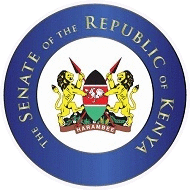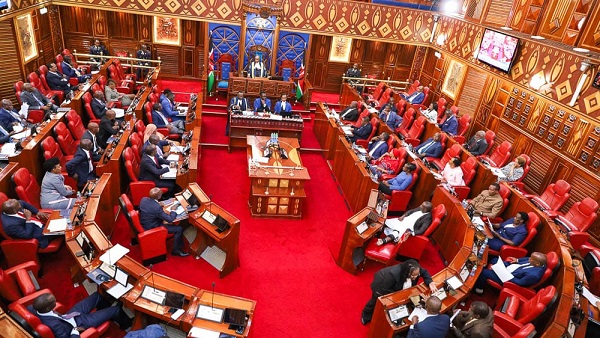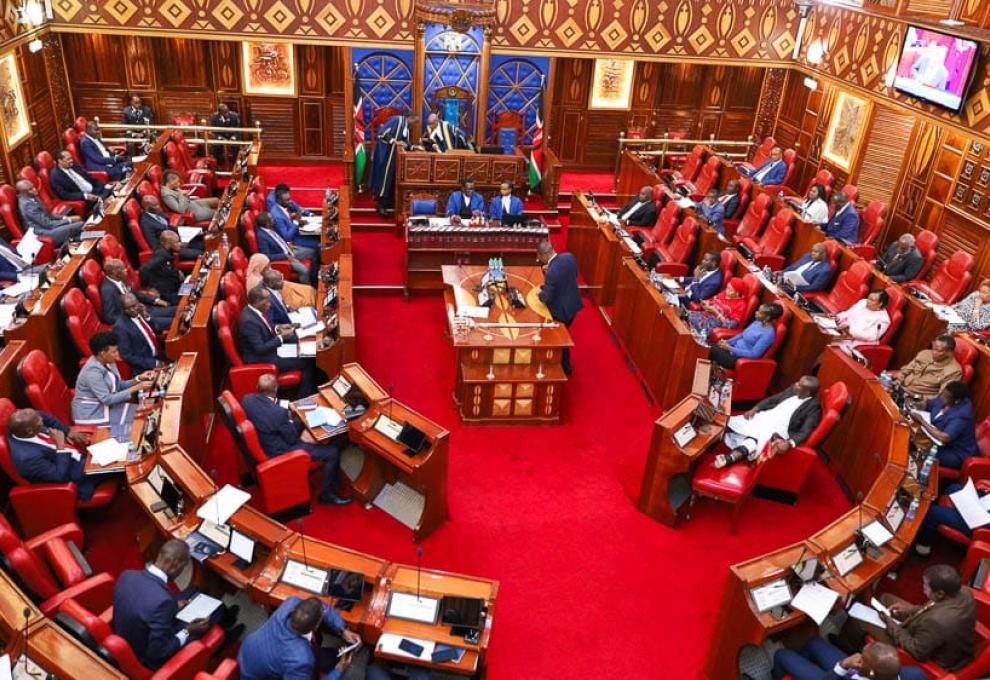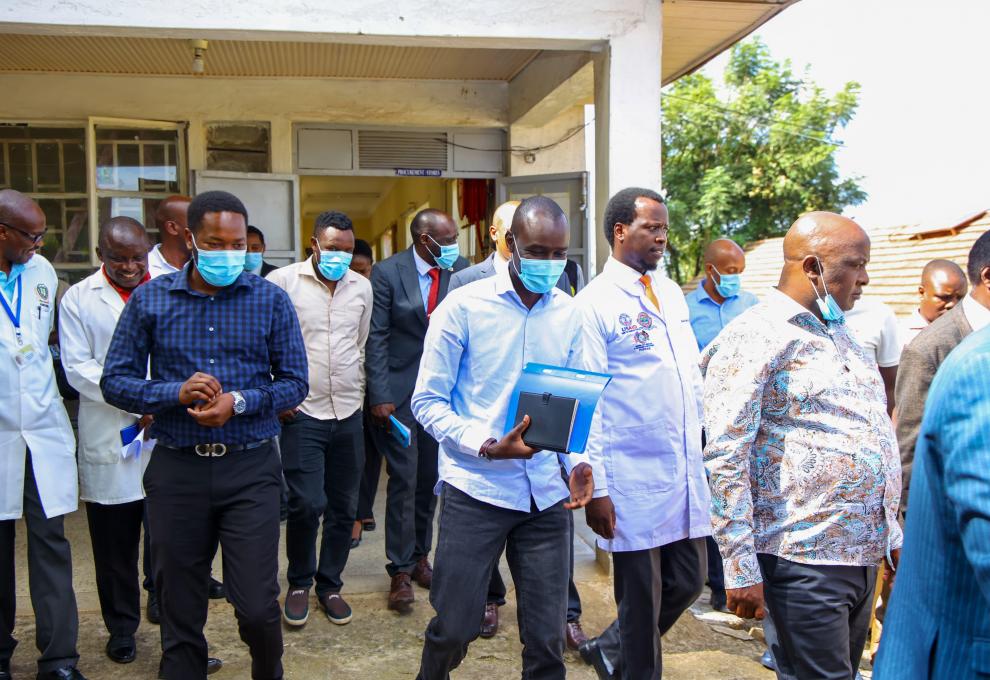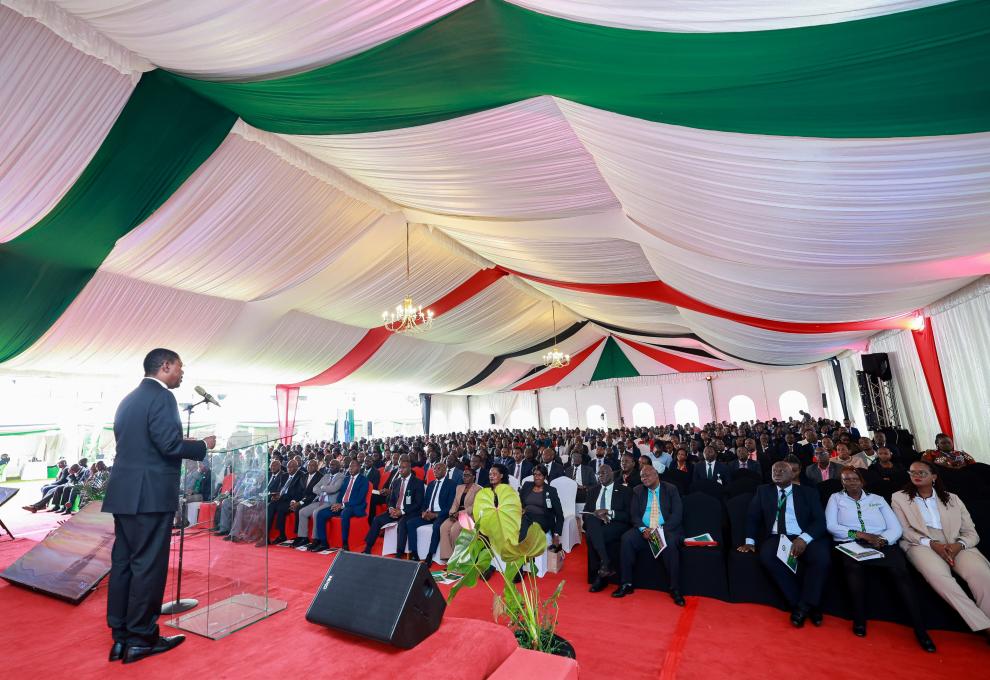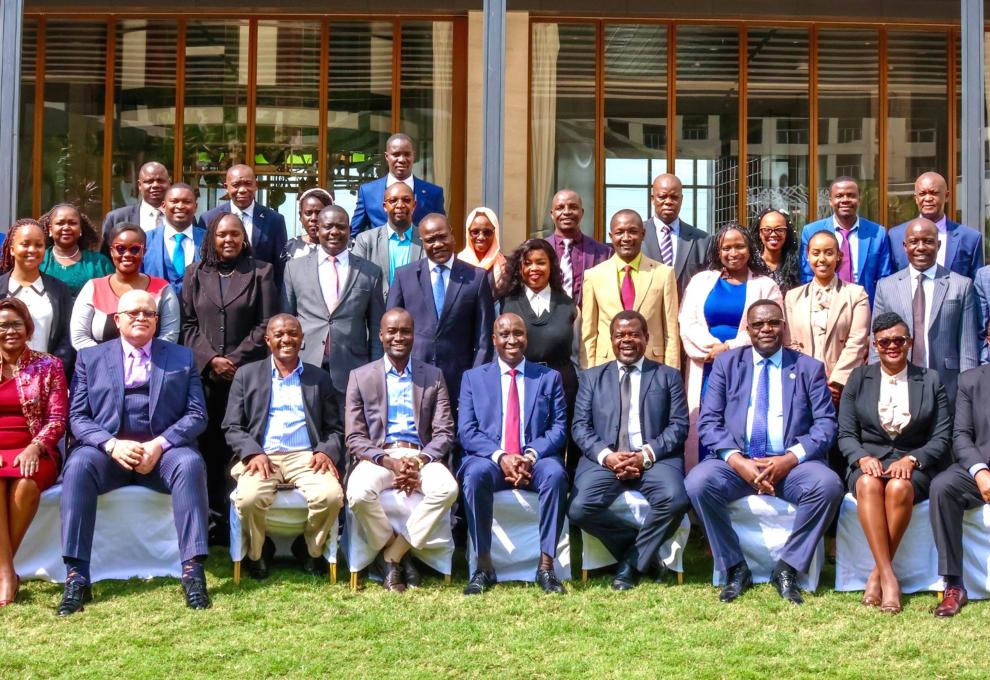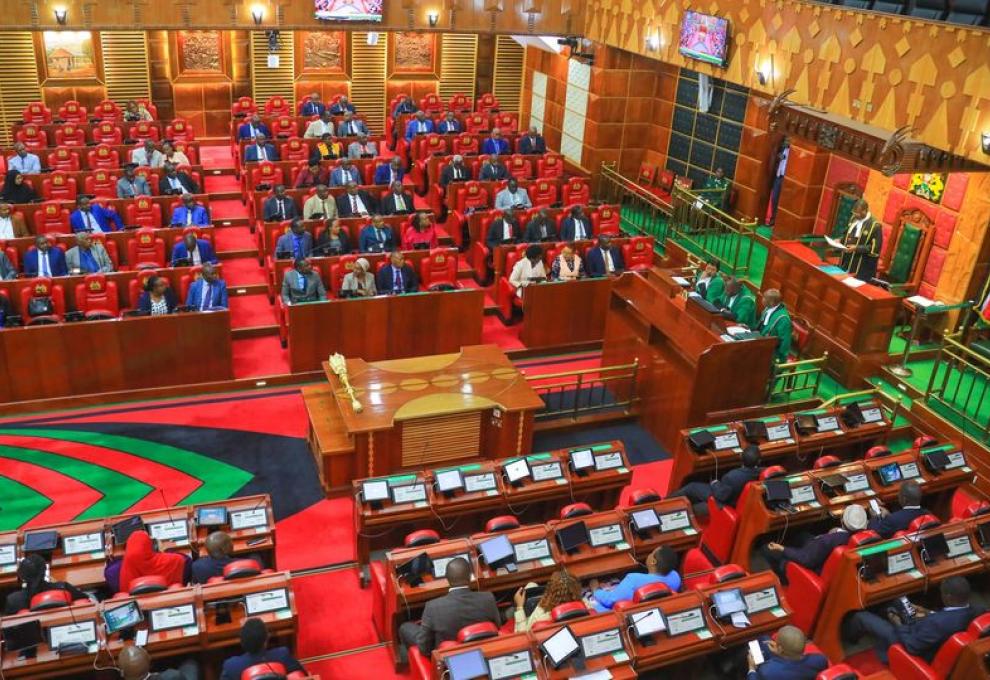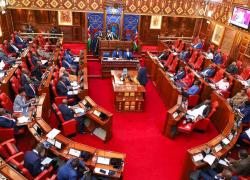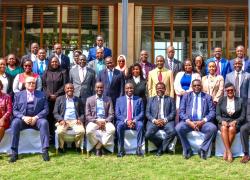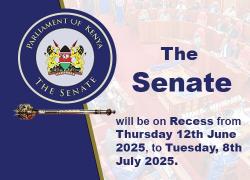Sessional Committees
Sessional Committees are established pursuant to provisions of Standing Order 210 and their members are nominated by the Rules and Business Committee in consultation with parliamentary parties/ coalitions at the commencement of every Session. The term Session means the sittings of the Senate commencing when it first meets after a General Election or on a day provided for in Standing Order 27 (Regular sessions of the Senate) and terminating when the Senate adjourns at the end of a calendar year or at the expiry of the term of Parliament. They include:-
- Sessional Committee on Devolved Government- to consider all matters related to intergovernmental and inter-county relations, governance and management of county governments, cities towns and urban areas.
- Sessional Committee on County Public Accounts and Investments: - to execute the mandate of the Senate pursuant to the provisions of Article 96 (3), to exercise oversight over national revenue allocated to county governments. The relevant enabling provisions are Articles 228 (6), 229(7, 8).
-
Sessional Committee on Implementation- to scrutinize the resolutions of the Senate (including adopted committee reports), petitions and formal undertakings given by the National Executive and examine -
- Whether or not such resolutions and undertakings have been implemented and where implemented, the extent to which they have been implemented; and whether such implementation has taken place within a reasonable time; and
- Whether or not legislation passed by the Senate has been operationalized and where operationalized, the extent of such operationalization and whether operationalization has taken place within a reasonable time.
- is in accord with the provisions of the Constitution, the Act pursuant to which it is made or other relevant written law;
- infringes on fundamental rights and freedoms of the public;
- contains a matter which in the opinion of the Committee should more properly be dealt with in an Act of Parliament;
- directly or indirectly bars the jurisdiction of the Courts;
- gives retrospective effect to any of the provisions in respect of which the Constitution or the Act does not expressly give such power;
- would occasion/ involves expenditure from the Consolidated Fund or other public revenues;
- is defective in its drafting or for any reason the form or purport of the statutory instrument calls for elucidation;
- appears to make some unusual or unexpected use of the powers conferred by the Constitution or the Act pursuant to which it is made;
- appears to have had unjustifiable delay in its publication or laying before Parliament;
- makes rights, liberties or obligations unduly dependent upon non-reviewable decisions;
- makes rights, liberties or obligations unduly dependent on insufficiently defined administrative powers;
- inappropriately delegates legislative powers;
- imposes a fine, imprisonment or other penalty without express authority having been provided for in the enabling legislation;
- appears for any reason to infringe on the rule of law;
- inadequately subjects the exercise of legislative power to parliamentary scrutiny; and,
- accords to any other reason that the Committee considers fit to examine.

